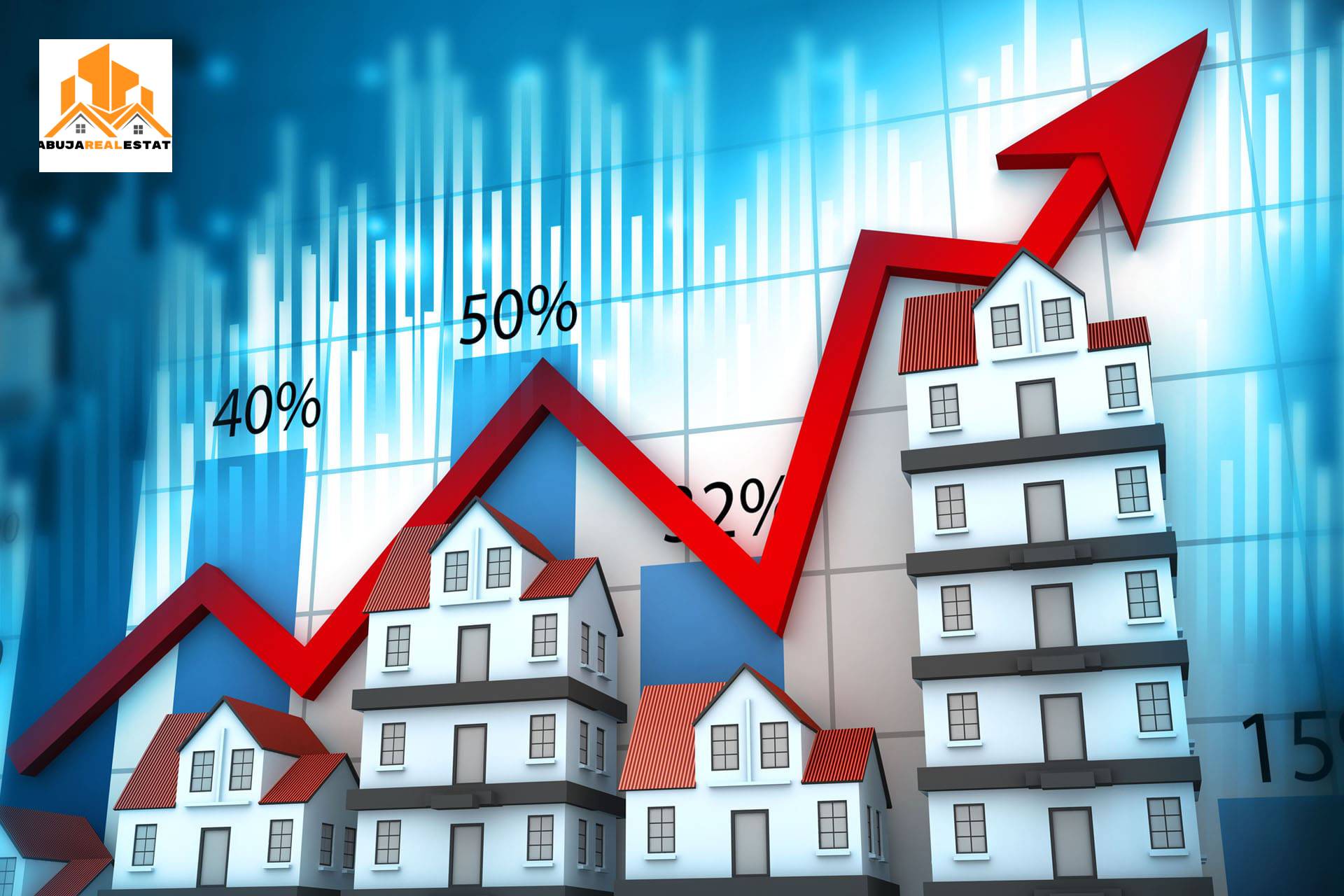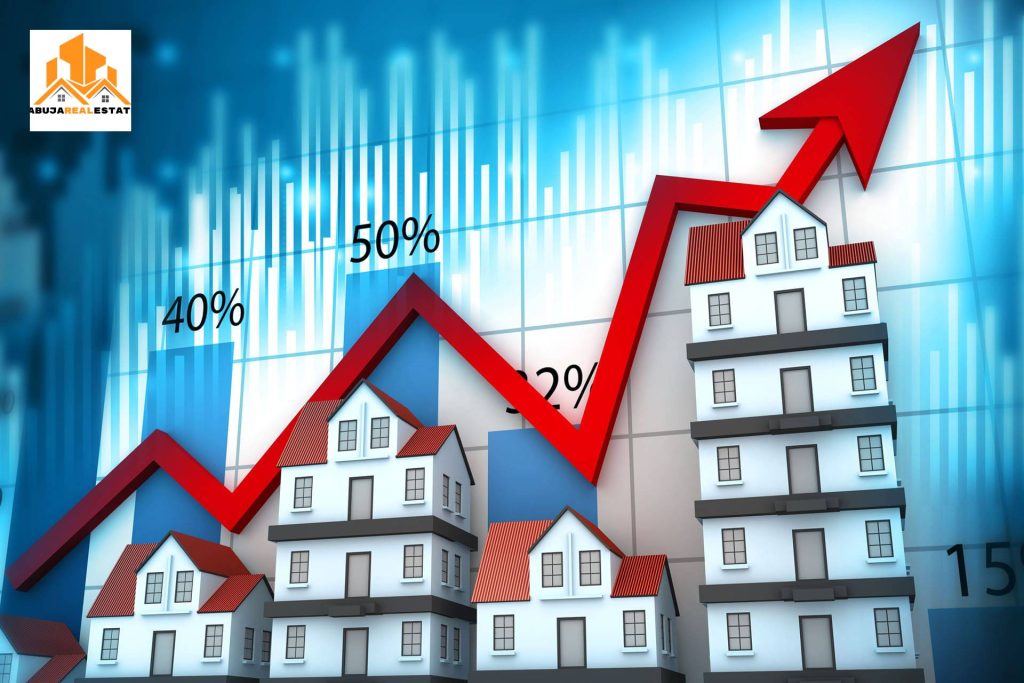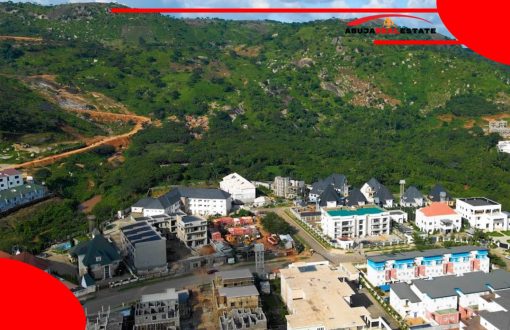Jamaica Real Estate: How to Invest in Jamaica Stock Market

Investing in Jamaica’s real estate and stock market offers a unique blend of opportunities for both local and international investors. With a robust real estate sector and a high-performing stock exchange, Jamaica stands out as a Caribbean investment destination. This comprehensive guide explores the current state of Jamaica’s real estate market, the structure and performance of the Jamaica Stock Exchange (JSE), legal requirements for foreign investors, investment strategies, and actionable steps to get started. Whether you are a seasoned investor or a newcomer, this article will equip you with the knowledge to make informed decisions and maximize your returns.
Jamaica’s Real Estate Market
Jamaica’s real estate market is experiencing a period of robust growth and transformation, driven by both domestic demand and international interest. As of 2024, the market is valued at approximately US$93.95 billion, with residential real estate accounting for the majority share at US$76.73 billion. The sector is projected to grow at a compound annual growth rate (CAGR) of 4.00% from 2024 to 2028, potentially reaching a volume of US$109.90 billion by 2028.
Key Trends Shaping the Market
- Luxury Beachfront Properties: High-net-worth individuals and retirees from North America and Europe are fueling demand for luxury beachfront properties, especially in Montego Bay, Ocho Rios, and Negril.
- Urban Development and Smart Cities: Kingston and Montego Bay are undergoing significant redevelopment, with a focus on smart city initiatives, sustainable infrastructure, and digital connectivity.
- Tourism and Hospitality Boom: The tourism sector is a major driver, with a surge in new hotels, resorts, and vacation rentals. Airbnb bookings, for example, increased by 55% from J$193 million in 2020 to J$300 million in 2021.
- Affordable Housing Initiatives: The government and private sector are collaborating on affordable housing projects to address shortages and support population growth.
- Sustainability and Green Living: Developers are increasingly adopting green building practices, responding to a growing demand for eco-friendly properties.
- Increased Foreign Investment: Jamaica’s natural beauty, financial incentives, and high-profit potential continue to attract foreign investors.
Price Trends and Growth Areas
Property prices have been rising, particularly in high-demand areas like Kingston, Montego Bay, and Ocho Rios. The median price of an average house in Jamaica was USD 335,686 as of mid-2025, with long-term appreciation expected. Secondary markets such as Falmouth, Port Antonio, and the South Coast are emerging as attractive options, offering more affordable real estate and significant potential for value appreciation as infrastructure develops. Gated communities are also in high demand, especially in St. Andrew, St. Catherine, and St. James, due to their safety and amenities. The commercial real estate sector is expanding, driven by tourism, the Business Process Outsourcing (BPO) industry, and domestic entrepreneurship.
Understanding the Jamaica Stock Exchange (JSE)
The Jamaica Stock Exchange (JSE) is the principal stock exchange of Jamaica and one of the largest in the Caribbean by market capitalization. Established in 1968 and headquartered in Kingston, the JSE operates several markets, including the Main Market, Junior Market, USD Market, and Bond Market.
Structure and Performance
The JSE is regulated under the Securities Act, ensuring compliance and governance. It has embraced technological advancements, such as launching an online trading platform in 2015 and migrating to Nasdaq’s trading and surveillance platforms in 2019. The exchange maintains several indices, including the JSE (Main) Index, JSE All Jamaican Composite Index, and JSE Select Index.
In 2019, the JSE was named the world’s top-performing stock exchange by Bloomberg Businessweek, highlighting its global recognition. As of the latest data, the JSE Index advanced by 2,138.17 points (0.69%) to close at 312,991.30 points, with a trading volume of 18,537,937 valued at $93,974,345.40.
Real Estate Companies on the JSE
The JSE is known for its sector diversity, including real estate, banking, finance, retail, and manufacturing. While specific real estate companies are not detailed here, the exchange’s sector diversity suggests the presence of real estate firms. Investors can access a comprehensive list of real estate companies by visiting the JSE’s official website or reviewing financial reports.
Why Invest in Jamaica’s Real Estate and Stock Market?

Opportunities
- Affordable Property Prices: Jamaica offers more affordable real estate compared to other Caribbean nations. Beachfront properties range from US$1,300 to US$1,500 per square foot, significantly lower than in Barbados.
- Government Support: The Jamaican government actively encourages foreign direct investment (FDI) and has implemented reforms to create a more investor-friendly environment.
- Market Resilience: Despite global uncertainties, Jamaica’s real estate market has shown resilience, with property values appreciating and growing interest from both local and international investors.
- Stock Market Growth: The JSE is one of the most developed and diverse stock exchanges in the Caribbean, with a market capitalization exceeding 80% of the national GDP.
- Cross-Listing and Integration: Cross-listing of securities allows companies to expand their market presence and access new investor bases.
Diversification and Returns
Investing in both real estate and the stock market in Jamaica provides diversification benefits, reducing exposure to markets more directly affected by global economic uncertainties. The JSE has been recognized as one of the best-performing stock markets globally, offering potential for significant returns.
Legal Requirements and Processes for Foreign Investors
Real Estate Investment
- Ownership Rights: Foreign investors are permitted to purchase property in Jamaica, with no significant restrictions on foreign ownership. The Registration of Titles Act and the Property Act govern property transactions, ensuring they are officially documented and free from encumbrances.
- Registration and Due Diligence: Investors must obtain a Taxpayer Registration Number (TRN) from the Tax Administration Jamaica and verify the property’s title through the National Land Agency.
- Licensing and Compliance: Real estate developers and dealers must register under the Real Estate (Dealers and Developers) Act and obtain necessary licenses.
- Restrictions and Approvals: Certain areas, such as agricultural land and ecologically sensitive zones, may have specific restrictions or require special approvals. Foreign ownership of shares in a company holding land is capped at 49%, with the remainder held by Jamaican nationals.
- Tax Incentives: Jamaica offers competitive tax incentives for real estate development, including property tax relief and income tax exemptions in designated redevelopment zones.
Stock Market Investment
- JSE Participation: Foreign investors can participate in the JSE by establishing a local company or registering a branch office of a foreign-owned enterprise.
- Regulatory Compliance: Compliance with the Companies Act is required, ensuring that foreign entities adhere to local regulations.
- Risks and Considerations: Investors should be aware of market volatility and currency exchange fluctuations. Engaging with local financial advisors and legal experts is recommended.
How to Invest in Jamaica’s Real Estate via the Stock Market
Step 1: Research and Identify Real Estate Companies
Begin by researching real estate companies listed on the JSE. These may include property development firms, real estate investment trusts (REITs), and companies involved in commercial and residential property management. The JSE’s official website and financial news outlets are valuable resources for identifying potential investment targets.
Step 2: Open a Brokerage Account
To invest in the JSE, you must open a brokerage account with a licensed broker. Both local and international investors can access the market through registered brokers who provide trading platforms, research, and advisory services.
Step 3: Conduct Due Diligence
Analyze the financial health, management team, and growth prospects of the real estate companies you are interested in. Review annual reports, earnings statements, and market analyses to make informed decisions.
Step 4: Place Your Investment
Once you have selected your target companies, place your buy orders through your broker. Monitor your investments regularly and stay updated on market trends, company news, and economic developments.
Step 5: Diversify Your Portfolio
Consider diversifying your investments across multiple real estate companies and sectors to mitigate risk. You may also explore other sectors on the JSE, such as banking, manufacturing, and tourism, for a balanced portfolio.
Risks and Returns: What Investors Should Know
Real Estate Market Risks
- Currency Fluctuations: The Jamaican dollar can be volatile, impacting returns when converting funds from foreign currencies. Currency hedging or holding accounts in multiple currencies can help mitigate this risk.
- Legal and Regulatory Risks: Navigating Jamaica’s property laws can be complex for international investors. Hiring a qualified local attorney is essential to ensure compliance with legal standards and tax regulations.
- Environmental Risks: Jamaica is susceptible to natural disasters like hurricanes and floods, which can cause property damage and loss of rental income. Comprehensive insurance is crucial.
Stock Market Risks
- Market Efficiency: The Jamaican stock market is considered weakly efficient, with low responsiveness to major events and news. This can create risks due to asymmetric information.
- Low Integration: The JSE has low integration with regional and global markets, which may limit opportunities for international investors.
Returns
- Long-Term Appreciation: Real estate in Jamaica has historically appreciated, providing capital gains and rental income opportunities.
- Stock Market Growth: The JSE has demonstrated strong performance, with sectors like manufacturing and energy showing resilience and quick recovery from economic shocks
Successful Case Studies and Investment Strategies
Economic Reforms and Market Growth
Jamaica’s collaboration with the International Monetary Fund (IMF) led to significant economic reforms, reducing public debt from 147% of GDP in 2013 to below 100% and achieving a historic low unemployment rate. These reforms created a stable environment for investment and contributed to the growth of the real estate and stock markets.
Financial Sector Reforms
The government’s reduction in reliance on domestic bank lending allowed more credit to flow to individuals and businesses, facilitating private sector investment. Private credit to GDP increased significantly, enhancing opportunities for investors.
Stock Market Development
The JSE’s market capitalization grew from 35% to 85% of GDP between 2010 and 2020, positioning Jamaica alongside regional and middle-income peers globally. This growth reflects the potential for investors to participate in the country’s economic expansion.
Real Estate Investment Strategies
Successful strategies involve understanding legal requirements, market trends, and growth areas. Investors often combine real estate and stock market investments to leverage Jamaica’s economic growth and favorable investment climate.
Addressing Challenges
Despite progress, challenges remain, particularly in access to finance for smaller firms and those led by women. Targeted strategies to improve financial inclusion and support underrepresented groups are essential for inclusive growth.
Conclusion
Jamaica’s real estate and stock markets offer compelling opportunities for investors seeking growth, diversification, and long-term returns. The country’s robust economic reforms, government support, and sectoral diversity make it an attractive destination for both local and international investors. By understanding the market landscape, legal requirements, and effective investment strategies, you can confidently navigate Jamaica’s dynamic markets and build lasting wealth.
Whether you are interested in luxury beachfront properties, urban redevelopment projects, or high-performing stocks, Jamaica provides a fertile ground for investment success. Stay informed, leverage professional advice, and embrace a diversified approach to maximize your returns in this vibrant Caribbean economy.


